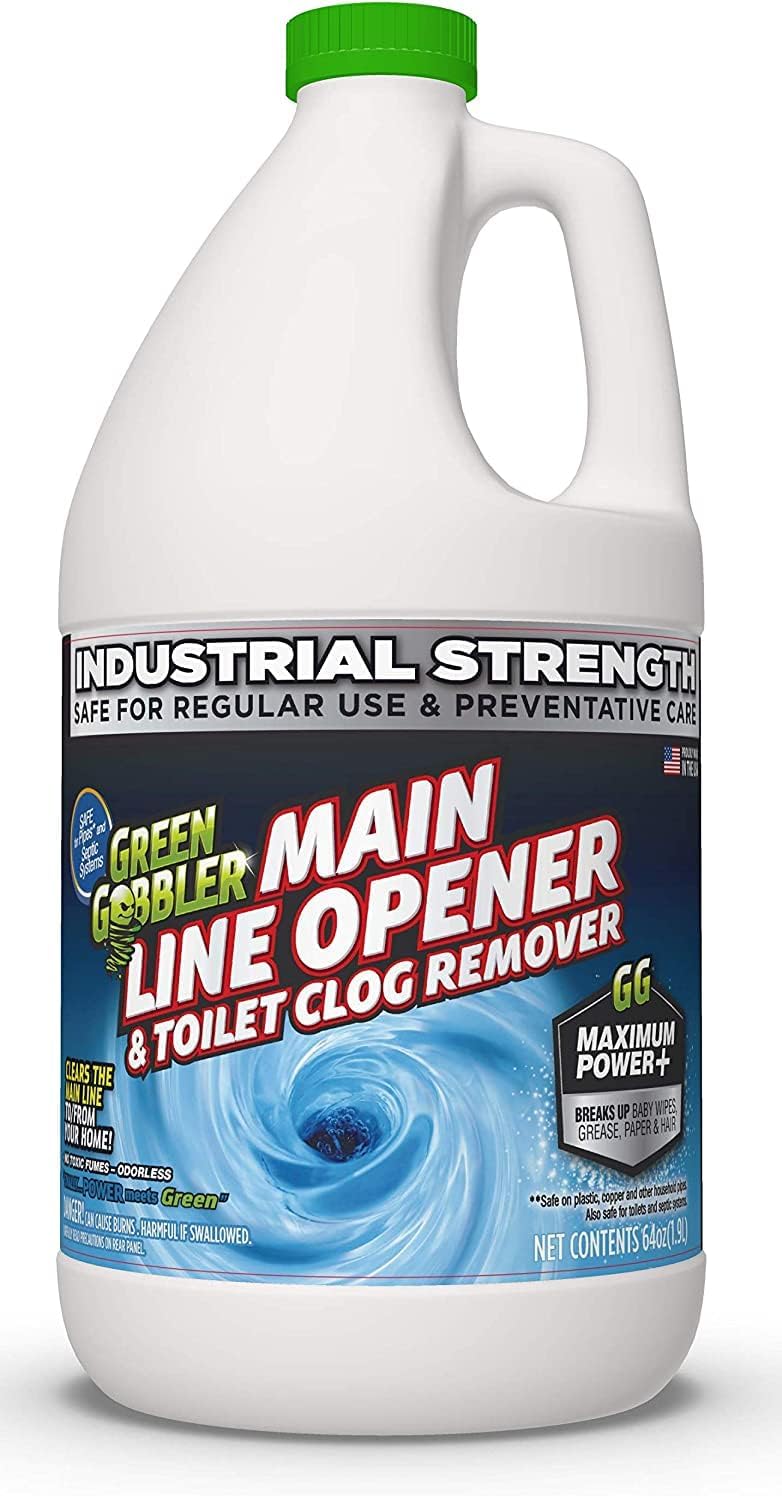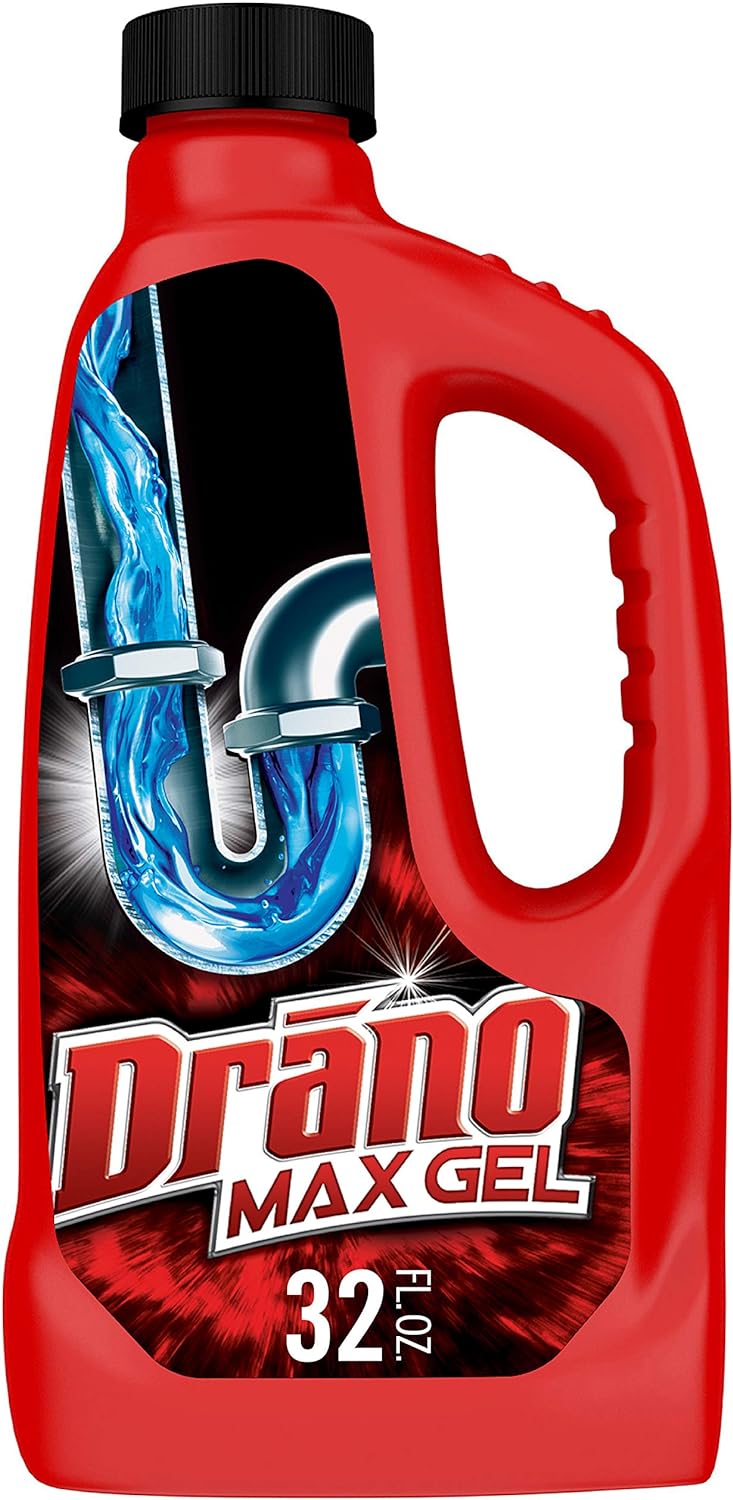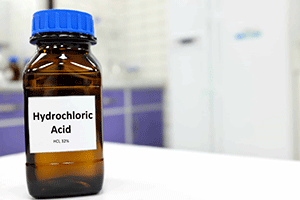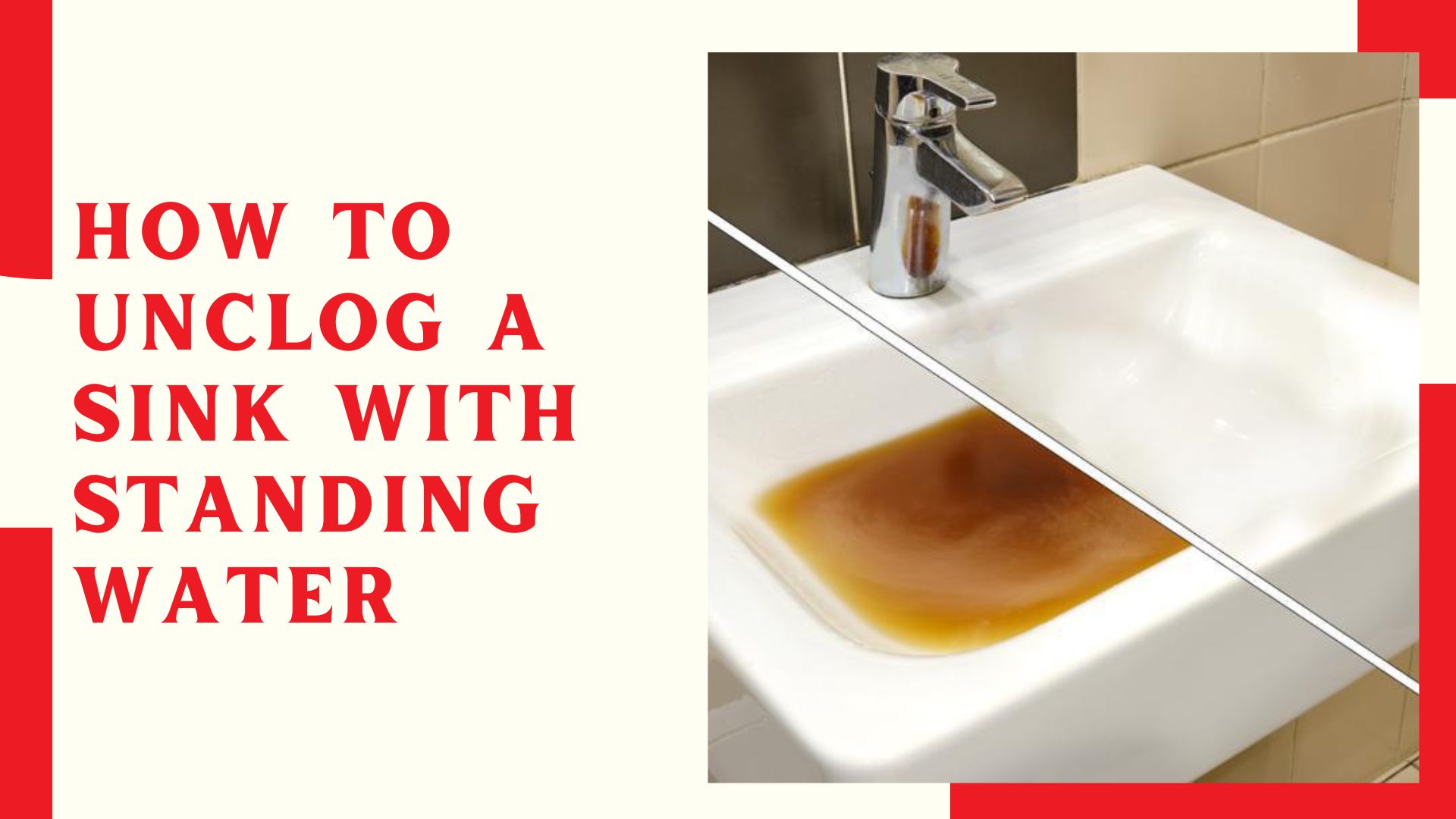Clogged drains are a nuisance in any household or commercial setting, causing inconvenience and potential damage if left unaddressed. Plumbers rely on a numerous tools and techniques to tackle this common issue, one of which involves the strategic use of acids. In this article, trendwizz.com will explore the acids plumbers use to unclog drains effectively.
Related Products You Might Like

Main Drain Opener

Drain Line Opener

Max Gel Drain Clog Remover
"(Paid Links)" 
Understanding the Problem:
Before delving into the solution, it's crucial to understand the nature of the problem. Drains become clogged due to a buildup of various substances such as grease, hair, soap scum, food particles, and mineral deposits. Over time, these substances accumulate, narrowing the passageway through which water can flow and eventually leading to blockages.
The Role of Acids:
Acids are a staple in the plumber's toolkit for drain cleaning due to their ability to dissolve certain substances that contribute to clogs. However, not all acids are suitable for this purpose, and their effectiveness depends on the type of clog and the material of the plumbing system.
Common Acids Used by Plumbers:

Hydrochloric Acid (HCl):
Hydrochloric acid, also known as muriatic acid, is a potent chemical compound commonly used for unclogging drains. It is highly corrosive and can dissolve various materials such as mineral deposits, rust, and organic matter. However, its use requires caution as it can damage certain types of pipes and fixtures if not used properly.
Sulfuric Acid (H2SO4):
Sulfuric acid is another powerful acid employed by plumbers to tackle stubborn drain clogs. Like hydrochloric acid, it is highly corrosive and capable of breaking down organic matter and other substances obstructing the drain. Sulfuric acid is particularly effective against grease and protein-based clogs.
Phosphoric Acid (H3PO4):
Phosphoric acid is less aggressive than hydrochloric and sulfuric acids, making it a safer option for certain types of pipes and fixtures. It is commonly used to dissolve mineral deposits, such as limescale, which can accumulate in drains over time, especially in areas with hard water.
Safety Considerations:
While acids can be effective in unclogging drains, their use requires careful handling to ensure safety. Plumbers must wear appropriate protective gear, including gloves, goggles, and respirators, when working with acids to prevent skin contact and inhalation of fumes. Moreover, acids should be used in well-ventilated areas to minimize the risk of exposure to harmful vapors.
Environmental Impact:
It's important to note that while acids can effectively unclog drains, their use raises environmental concerns. Improper disposal of acid-containing solutions can harm aquatic ecosystems and contaminate water sources. Therefore, plumbers must adhere to proper disposal protocols and consider environmentally friendly alternatives whenever possible.
Conclusion:
Acids play a significant role in the arsenal of tools and techniques used by plumbers to unclog drains effectively. From hydrochloric acid to sulfuric acid and phosphoric acid, each type offers unique properties that make them suitable for tackling different types of clogs. However, their use requires careful consideration of safety measures and environmental impact. By understanding the chemistry behind drain cleaning and employing acids responsibly, plumbers can ensure efficient and environmentally conscious solutions to this common household problem.



